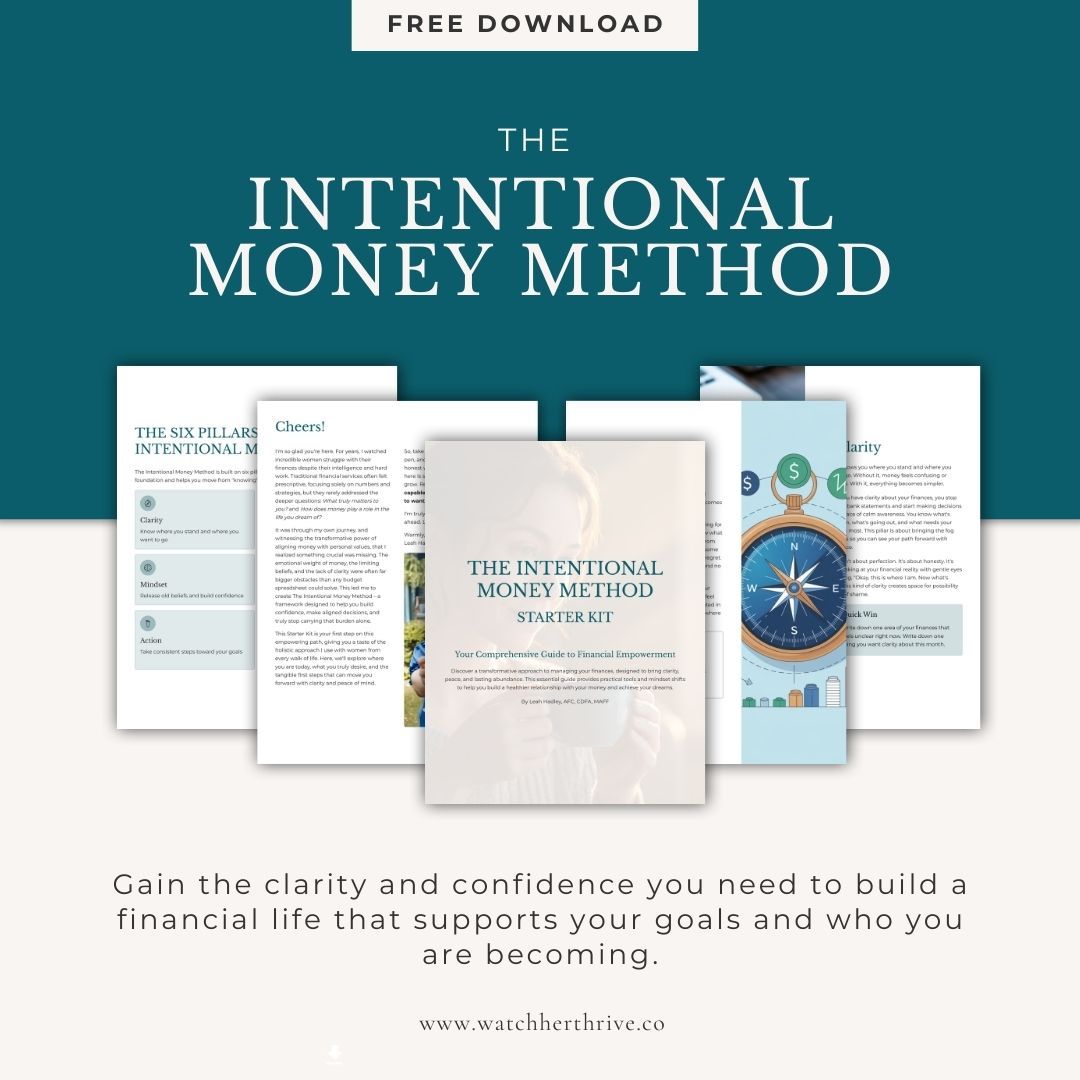Why Invest in Stocks?

Fear of stock market volatility often holds investors back. However, historically, investing in stocks has been an essential tool in building wealth and can serve as an important part of a diversified portfolio. Today we're exploring why investing in the stock market matters.
Reasons Why to Invest in Stocks
Stock equals ownership
A stock represents ownership in a company. Your portion of ownership will depend on how many shares you hold compared to the total number of shares issued by the company.
Investors who purchase stock are known as the company's stockholders or shareholders. The price of a stock reflects the public's level of interest in owning the shares. If many investors want to buy shares, they bid against one another, increasing the price. If interest is low, there are fewer competing bids, and the price of shares is likely to decline.
You may hold the stock in the form of a stock certificate, which identifies you as the owner and the number of shares you own. Alte
...What to Know About Stocks Before Investing

In our ongoing series on facing your investing fears, we delve into the common obstacle that might be preventing you from venturing into stock investments: a lack of knowledge. Don't let the fear of the unknown hold you back from potential opportunities in the stock market. Join us as we explore how gaining a deeper understanding can empower you to make informed investment decisions.
Here's what you need to know about stocks before investing.
What are stocks?
Companies sell shares of stock to investors as a way to raise money to finance growth, pay off debt, and fund operations. Each share of stock represents a share of ownership in the company. As a shareholder, you share in a portion of any profits and growth of the company. The company pays dividends from earnings to stockholders, and growth is realized by the increase in the stock's value.
Why invest in stocks?
The primary motive behind investors purchasing stocks is the anticipation of witnessing an increase in the value
...Diversification: How to Invest Money Wisely

Wondering how to invest money wisely? While there are no guarantees when it comes to investing. a solid portfolio is a key factor in your success. If you learn how to make your portfolio the best it can be through diversification and risk assessment, you’ll be able to increase your chances for success while simplifying the investment process.
How to Invest Money Wisely - Choose Categories
Diversification comes down to choosing the categories of investment you hold in your portfolio. It allows you to stretch out the money you have to invest over several different areas. Instead of putting all of your money in one place, you can allocate it to different styles of investing to reduce your risk while increasing your chances of success. Big events and major losses will create less of a blow when you have successfully diversified your portfolio.
The most common choices, especially for new investors, are stocks, bonds, and cash. Some investors may choose things such as money market funds a...
Don't Believe These Investment Myths

As you learn more about investing, it can become apparent that there are many investment myths out there, ranging from absolutely ridiculous practices to things that may seem almost legitimate. No matter whether you get the information from a peer or an investment professional, be sure to keep an eye out for these common investment myths.
Don’t Believe These Investment Myths
Of course, each investor is different. There are no hard and fast guidelines that apply to everyone when it comes to balancing risk, but it does help to have a good understanding of what to look for.
Myth #1: Risk Definition is Static
Risk means different things to different investors. The way you manage risk has to do not only with the amount of money you’re investing but also your personality. Outside of investing, look at how you manage risks and how you associate them with your day-to-day life. Rather than focusing on whether something is “risky” in the market, consider what a risky investment means to yo...
Reduce Your Fear with a Simple Checklist: What to Discuss with Your Financial Advisor

This week we continue to explore investing fears. For some, they know that they need a financial advisor, but they feel intimidated when thinking about meeting one. That could be because they have no idea what to ask during the meeting. While the financial advisor will guide the conversation, you want to make sure they address your questions and concerns. Here's a checklist for the first meeting and subsequent meetings.
Related post: Investing Doesn't Have to be Scary: Selecting a Financial Advisor to Be Your Guide
First Meeting: Financial Advisor Checklist
- Why did you become a financial advisor?
- How long have you been a financial advisor?
- What credentials do you hold?
- What types of clients do you typically work with?
- What services do you offer?
- How are you compensated?
- Are you held to a fiduciary standard?
- What is your investment philosophy?
- How do you typically communicate with your clients?
- Will I have a written financial plan? How frequently will it be reviewed?
An...
Investing Doesn't Have to be Scary: Selecting a Financial Advisor to Be Your Guide

For the next week, we are going to explore why many people are fearful when it comes to investing. If you don't have much knowledge of investing, it is essential to work with a financial advisor. However, what if it's choosing the advisor that has you at a standstill?
As a financial advisor who has worked for a few different financial institutions in my career, I have known A LOT of financial advisors. As with any profession, there are some excellent financial advisors, and there are ones that leave a lot to be desired.
Often, when I sit with prospective clients, they talk about being worried that their existing financial advisor is taking advantage of them. I think it's valid to be worried about getting taken advantage of. I have seen many portfolios come across my desk where it is clear that the financial advisor who sold the investments made more than the client ever did.

How to Choose a Financial Advisor
Choosing the right financial professional is essential toward reaching ...



